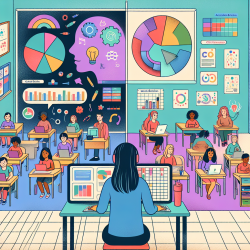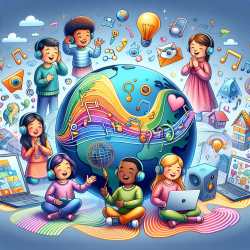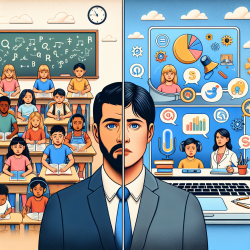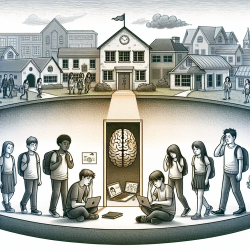Introduction
As advocates for special education, we all know that Individualized Education Program (IEP) meetings can be a blend of meticulous planning, heartfelt discussions, and sometimes, a little bit of chaos. But what if we told you that by harnessing the power of data, we can transform these meetings into more effective and productive sessions? Let’s explore how data-driven decisions, especially through online therapy services, can enhance the IEP process, all while maintaining a smile on our faces.
The Role of Data in IEP Planning
IEP meetings are crucial for tailoring educational experiences to meet the unique needs of each child. Traditionally, these meetings rely heavily on anecdotal evidence and subjective assessments. However, integrating data-driven insights can bring a level of precision and objectivity that was previously unattainable.
By using data collected through online therapy services, educators and therapists can:
- Track progress over time, providing clear evidence of a child's development.
- Identify patterns that may indicate areas needing more focused intervention.
- Make informed decisions on the allocation of resources and support.
Online Therapy Services: A Game Changer
Online therapy services, such as those provided by TinyEYE, offer a wealth of data that can be pivotal in IEP planning. These platforms not only provide convenient access to therapy but also generate comprehensive reports and analytics on a child’s progress.
Imagine walking into an IEP meeting armed with concrete data that shows how a child has improved in speech or mental health. It’s like having a superhero sidekick that helps you make the best decisions for the child’s future!
Humor in the IEP Process
Let’s face it, IEP meetings can be intense. But adding a sprinkle of humor can lighten the mood and make the process more enjoyable for everyone involved. Here’s a little secret: data can be your comedic ally. Picture this – presenting a chart that humorously depicts the child's “superpower” areas and “kryptonite” zones. It’s a fun way to break down complex data and engage everyone in the room.
Conclusion
By embracing data-driven decisions and utilizing online therapy services, we can transform IEP meetings into more effective, informed, and even enjoyable experiences. Remember, the goal is to create the best possible outcomes for children, and a little humor can go a long way in achieving that.
So, the next time you find yourself in an IEP meeting, consider how data and a touch of humor can help you champion the cause of special education.










